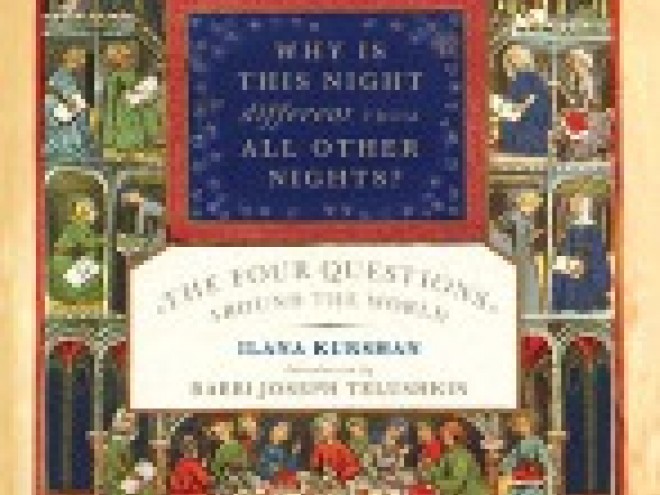Tuvia, a hardworking porter, cannot find any customers. He is reluctant to return home to his hungry wife and children without having earned money. How will they be able to buy food? All Tuvia can do is pray. Then, a mysterious older man appears and tells Tuvia that things are about to improve: Seven good years are ahead in which Tuvia and his family will have all their needs miraculously met. At the end of those seven years, the man tells Tuvia, he will return to being the hardworking porter he was before. Tuvia happily shares the news with his wife, and soon, a pile of gold appears in their yard.
When the seven years are up, the man visits Tuvia again and sees that his life is much as it was before. Tuvia explains that they have all they need to make life comfortable. They have used a bit of the gold to educate their children, but they’ve decided to give most of it to someone in greater need. Tuvia and his family are rewarded for their goodness; they are granted a life in which their needs, modest as they are, will always be quietly, unassumingly met.
An afterword reveals that the original story was published by I. L. Peretz in 1900. (Some background about Peretz’s life and writing follows.) The story is based on one of the teachings in Pirkei Avot: “Who is wealthy? One who is content with what they have.”
The simple lesson is clear and charmingly told, while the accompanying art is bright and attractive and supports the story. This book would be perfect for use in a classroom or youth group, and it would make for an excellent discussion about what is truly important in life.
Michal Hoschander Malen is the editor of Jewish Book Council’s young adult and children’s book reviews. A former librarian, she has lectured on topics relating to literacy, run book clubs, and loves to read aloud to her grandchildren.





